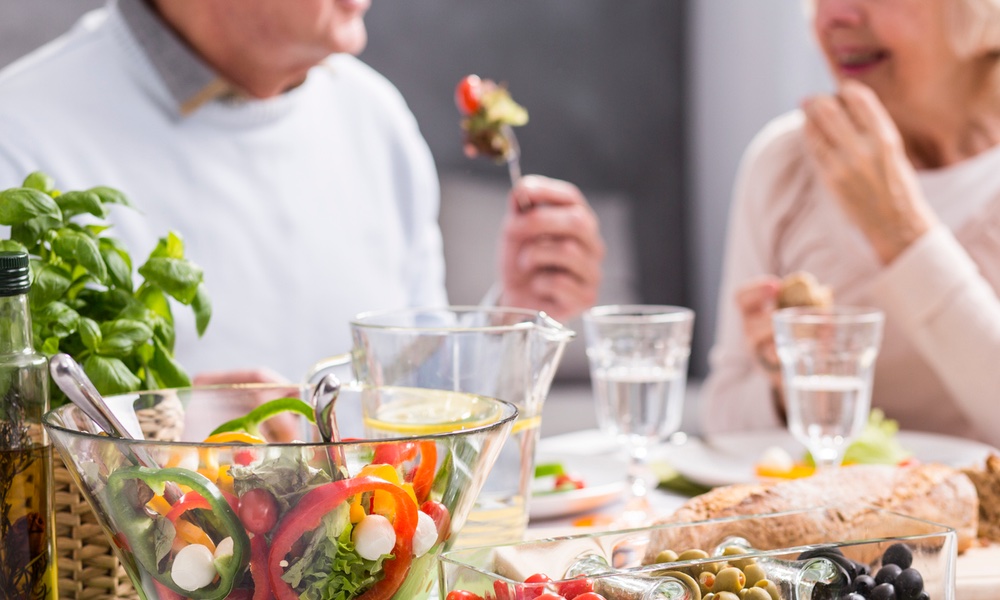Small portion sizes can be a huge problem when you’re trying to lose weight. You don’t feel full, and the urge to eat can be hard to resist. But don’t give up just yet. If you’re eating healthy foods, a new study finds, portion sizes may not matter so much, as long as you pay attention to what you eat.
Researchers divided over 100 women into three groups: Women in one group were overweight; those in another group were of normal weight; and a third had completed a year-long weight loss program that taught strategies for controlling portion sizes. Once a week for four weeks all the women visited a lab where everyone was offered the same meal, but allowed to choose their own foods.
The meals included high-calorie foods like garlic bread and low-calorie foods like salad. Before and after the women ate their meals, the foods were weighed to see how much they ate and how many calories they consumed.When a person eats plenty of healthy, low-calorie foods that leave them feeling satisfied, they are more likely to be successful at both losing weight and keeping it off.
All of the women ate more when portion sizes were increased, but the women who had been trained in portion control consumed more of the lower calorie foods and less of the higher calorie foods, and their overall calorie intake was smaller. They filled up on less calorie-dense foods.
“The study supports the idea that eating less of the higher-calorie-dense foods and more of the nutritious, lower-calorie-dense foods can help to manage hunger while consuming fewer calories,” said Barbara Rolls, one of the researchers and Chair of Nutritional Sciences at Penn State, in a statement. “You still have a full plate, but you're changing the proportions of the different types of foods.”
Weight loss doesn’t have to be about deprivation. This research show how when a person eats more of the healthy, low-calorie foods that leave them feeling satisfied, they are more likely to be successful at both losing weight and keeping it off. Trying simply to eat less of high-calorie foods may leave a person feeling deprived and hungry, making them more likely to give up on their weight loss journey.
The study was published in Appetite.





